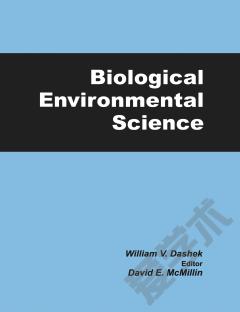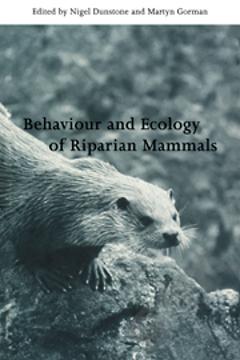Environmental Physiology of Livestock
Environmental stress is one of the most significant factors affecting livestock performance and health, and it is only expected to increase with effects of global warming. Environmental Physiology of Livestock brings together the latest research on environmental physiology, summarizing progress in the field and providing directions for future research. Recent developments in estimating heat stress loads are discussed, as well as key studies in metabolism, reproduction, and genetic expressions. Environmental Physiology of Livestock begins with a survey of current heat indexing tools, highlighting recent discoveries in animal physiology, changes in productivity levels, and new technologies available to better estimate stress response. Using this synopsis as a point of orientation, later chapters hone in on major effects of heat stress, including changing metabolic pathways and nutrient requirements, endocrine regulation of acclimation to environmental stress, and reduced reproductive performance. The text concludes with a thorough discussion of environmental effects on gene expressions, providing important insight for future breeding practices. Environmental Physiology of Livestock is a globally contributed volume and a key resource for animal science researchers, geneticists, and breeders.
{{comment.content}}








 京公网安备 11010802027623号
京公网安备 11010802027623号